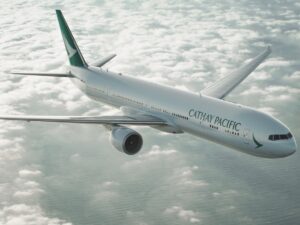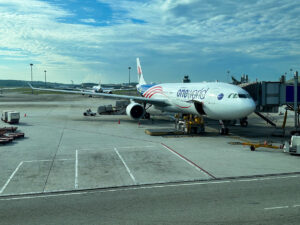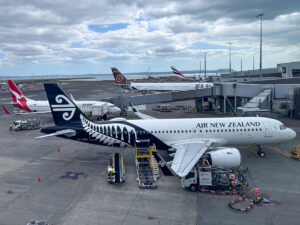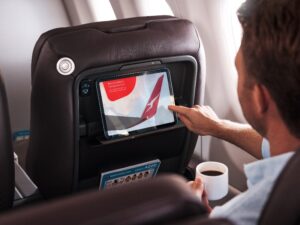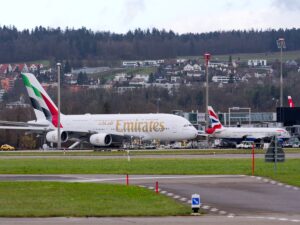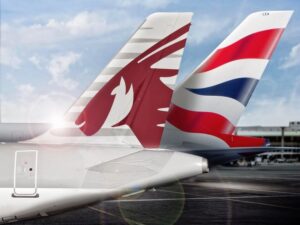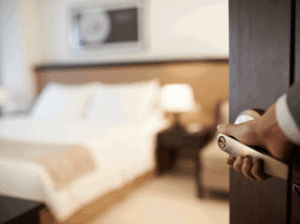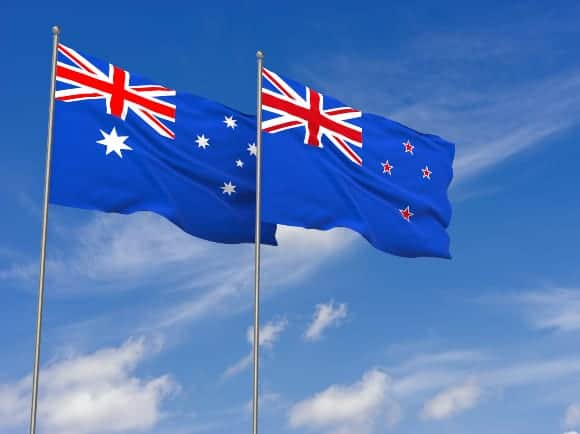
Speaking to his counterpart in New Zealand last Friday, Prime Minister Scott Morrison advised Jacinda Ardern that Australia would seek to apply the same hotspot approach proposed locally to New Zealand.
“So, that means, when we’re in a position to do so, and when the Acting Chief Medical Officer has come to a set of arrangements with New Zealand, then we would be able to have New Zealanders come to Australia,” Morrison said.
“But if there’s no COVID in Christchurch, and there’s no COVID in Queensland, then there’s no reason both of them can’t come to Sydney.
“And that will mean, I think, an important boost for our tourist economy, whether it’s in New South Wales or anywhere else. And so Prime Minister Ardern was very happy to have further discussions on that, but ultimately that’s a decision for our border and people coming in to Australia. But we would just need to ensure that the arrangements in place of identifying hotspots and things of that nature were well understood and were practical.”
Australia’s hotel quarantine system needs more capacity
This proposal would not necessarily mean that Australians could freely travel to New Zealand – that would be a matter for New Zealand’s Prime Minister, according to Scott Morrison. But it would help to free up places in hotel quarantine for more Australians trying to return home.
There are now over 23,000 Australians officially registered with DFAT as trying to urgently get home. But airlines estimates that the real number could be closer to 100,000.
Following Friday’s National Cabinet meeting, the Prime Minister also discussed the need to increase the caps on international arrivals to help more stranded Australians get home. Currently, only 3,975 Australian citizens, permanent residents or their immediate family members are allowed to fly to Australia each week. International flights to Australian airports are also limited to carrying as few as 25 passengers.
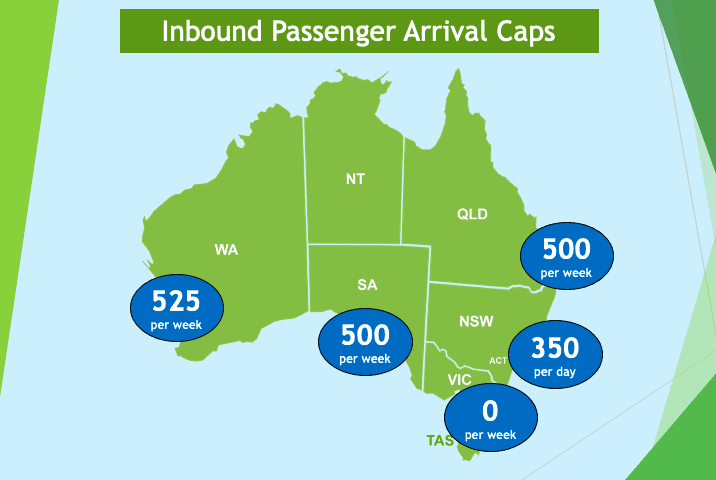
“The Transport Minister will be working with others to see if we can get flights that currently all seek to come to Sydney, to see if we’re in a position to try and get them to go into other ports, whether that be in Perth, in Adelaide, in Darwin, the ACT, or elsewhere, even Tasmania. [Tasmania’s] Premier Gutwein was keen to be part of this, if that’s possible,” Morrison said.
“We want to get more Australians home and we need to do that safely as well, and not compromise the quarantine arrangements we have here as well.”
Unfortunately, no firm commitments have been made yet. Mr Morrison also seemed to imply on Friday that airlines may be unwilling to put on flights to more Australian ports as they would be running them at a loss – a bizarre comment when the government’s own caps are the main cause of this.
“I mean these are commercial flights, they’re not flights run by the Australian Government. They’re commercial flights, which aren’t, I’d be surprised if they were running at anything near other than a massive loss on every single flight,” Morrison said.
Freeing up more quarantine places
Implementing a mutually-agreed hotspot definition in Australia could also free up places in hotel quarantine currently being taken up by domestic travellers arriving from other states that have zero or very low COVID-19 cases, such as Queensland residents returning from Canberra.
“The idea that New Zealanders would not have to go into quarantine because they’re coming from COVID-free areas would also free up places in quarantine. Equally, if states aren’t requiring Australians coming from areas where there is no COVID cases, like the ACT, and that they don’t have to go into hotel quarantine in places, well, that obviously frees up more capacity as well,” Morrison said.
While the government’s at it, perhaps it should also consider removing the requirement for travellers to quarantine in hotels when returning from other ultra-low-risk countries. Currently, Australians arriving from any overseas country must quarantine in a hotel for 14 days at their own expense. But many Pacific Island nations, for example, have zero active cases of the coronavirus. There is no reason that people should not be allowed to arrive from places like Vanuatu, Tonga, Samoa or the Solomon Islands without undergoing quarantine because they don’t pose a health risk.
Last week, a charter flight from Vanuatu arrived in Darwin carrying 160 seasonal workers. But this was only allowed after intense negotiations, and these workers are still all required to undergo 14 days of quarantine at a supervised facility in Darwin. This doesn’t make much sense because there are no COVID-19 cases in Vanuatu.
Perhaps Australia could also consider allowing citizens returning from very low-risk countries to self-isolate at home, if they can, rather than taking up valuable places in hotel quarantine. Countries like Vietnam and Thailand, for example, have been hugely successful in bringing the virus under control. Both countries have extremely low case numbers, so travellers from these places pose a far smaller risk to the Australian public than people coming from, for example, the United States.
Other countries, such as Finland, have already adopted a science-based “traffic light” system according to the number of new COVID-19 cases in each country, per-capita, over the past fortnight. Travellers coming from countries with sufficiently low numbers may enter Finland without needing to quarantine, and the list of countries is regularly updated. (Australia was on the list for a while, but was removed when the Victorian outbreak pushed our case numbers above the tolerance threshold.)
Financial assistance for vulnerable overseas Australians
For now, the number of Australians permitted to arrive from overseas each week is still far too low. But the Australian government last week started offering interest-free loans to vulnerable Australians that remain stuck overseas. Strict hardship criteria applies and these loans must be repaid upon returning to Australia.
There is some discussion about Australia’s hotel quarantine system on the Australian Frequent Flyer forum: All international travelers will be quarantined in hotels or designated facilities
